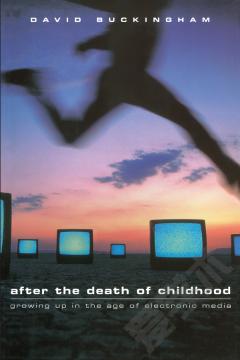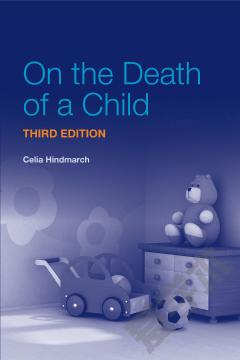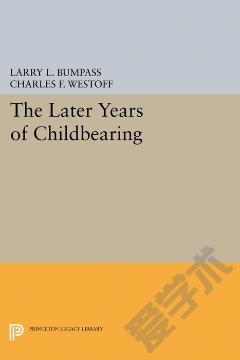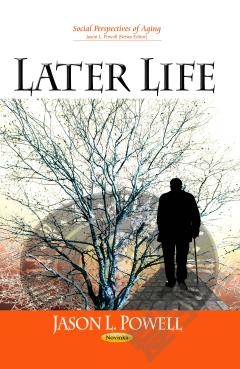After the Death of Childhood
What will be the fate of childhood in the twenty-first century? Will children increasingly be living 'media childhoods', dominated by the electronic screen? Will their growing access to adult media help to abolish the distinctions between childhood and adulthood? Or will the advent of new media technologies widen the gaps between the generations still further? In this book, David Buckingham provides a lucid and accessible overview of recent changes both in childhood and in the media environment. He refutes simplistic moral panics about the negative influence of the media, and the exaggerated optimism about the 'electronic generation'. In the process, he points to the challenges that are posed by the proliferation of new technologies, the privatization of the media and of public space, and the polarization between media-rich and media-poor. He argues that children can no longer be excluded or protected from the adult world of violence, commercialism and politics; and that new strategies and policies are needed in order to protect their rights as citizens and as consumers. Based on extensive research, After the Death of Childhood takes a fresh look at well-established concerns about the effects of the media on children. It offers a challenging and refreshing approach to the perennial concerns of researchers, parents, educators, media producers and policy-makers.
{{comment.content}}








 京公网安备 11010802027623号
京公网安备 11010802027623号